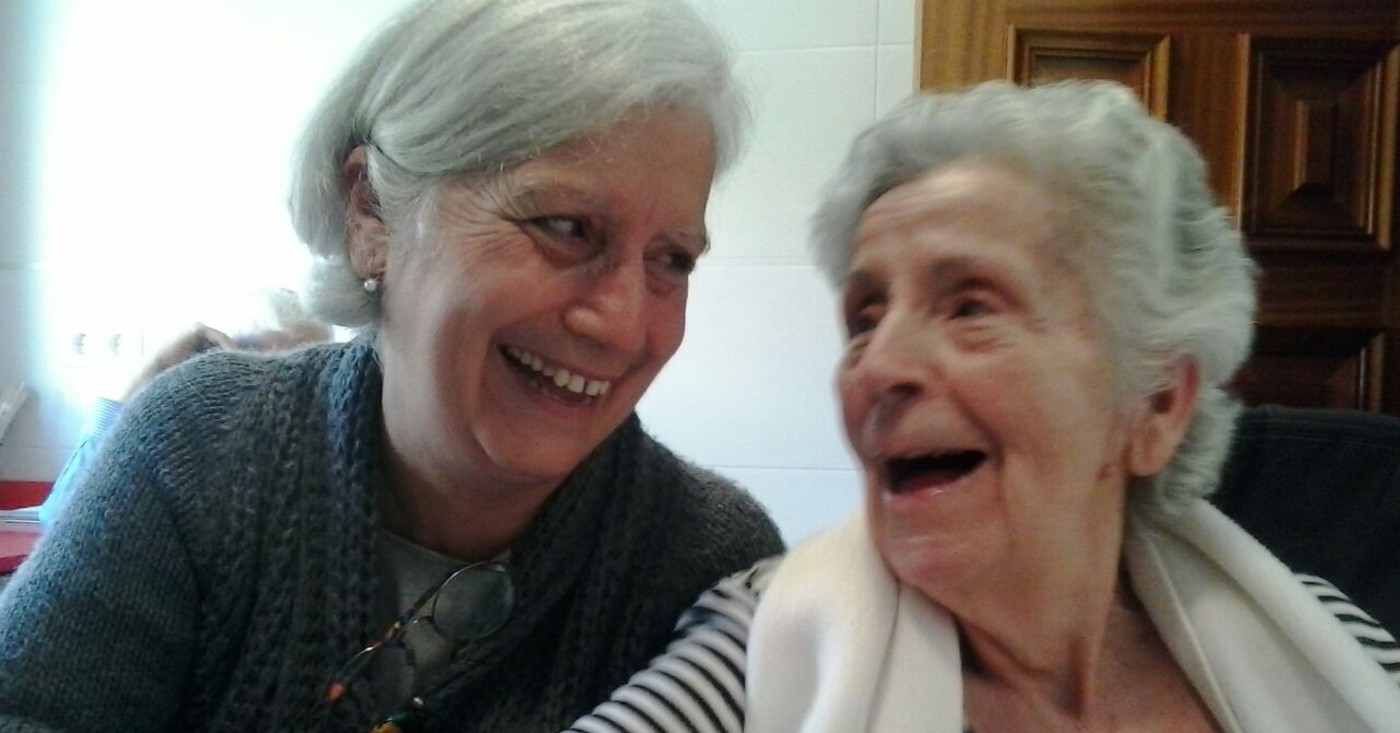Europe to develop geostationary quantum encryption payload
TAMPA, Fla. — European satellite maker Thales Alenia Space and Spanish operator Hispasat have secured government funding to develop a geostationary payload that uses quantum technology to distribute encryption keys.
The companies said Jan. 21 that the two-year project, initiated by Spain and backed by 104 million euros ($108 million) of European COVID-19 recovery funds, paves the way for the first quantum key distribution (QKD) platform operating from geostationary orbit (GEO).
The QKD-GEO mission builds on efforts in low Earth orbit (LEO) to make communications more secure by using the behavior of subatomic particles, including the SES-led Eagle-1 project, initially set to launch last year but now targeting late 2025 or early 2026.
QKD leverages the quantum properties of photons to create encryption keys that cannot be intercepted without altering their state. Any eavesdropping attempt disturbs the photons’ quantum state, rendering the keys unusable.
Although terrestrial fiber-optic networks can distribute quantum keys, their range and speed are limited. Current fiber-optic technology cannot support quantum communications over distances beyond a few hundred kilometers due to signal loss, Thales Alenia Space and Hispasat noted in a joint news release.






















